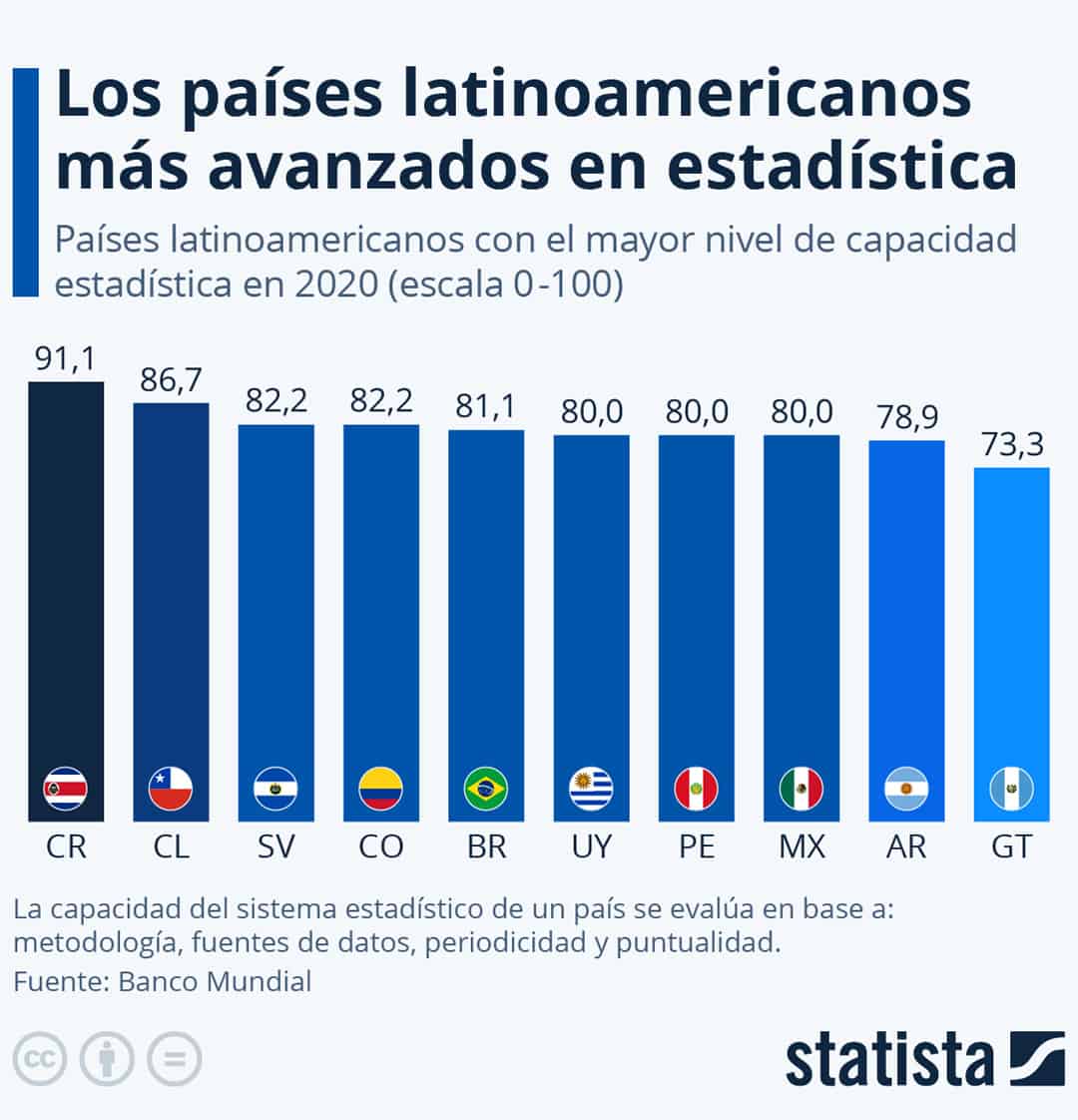Nubiral, a global innovation and digital transformation company, has partnered with Microsoft to take Artificial Intelligence (AI) to new heights. This collaboration focuses on implementing innovative solutions based on the microservices and capabilities offered by the Azure cloud.
Microsoft Fabric is an integral solution from this partnership that includes various services ranging from data movement and engineering to integration, science, storage, and real-time analysis. The highlight of Fabric is its shared platform, which ensures data security and meets the highest data compliance standards.
Fabric’s versatility allows for its successful application in various industries. For example, in the financial sector, it is used for fraud detection, in manufacturing for demand prediction, in media for user behavior analysis and recommendations, and logistics for route optimization.
Additionally, it includes specific tools for the healthcare sector, capable of combining information from various sources such as electronic medical records, images, laboratory systems, devices, and claim systems.
Microsoft Fabric offers each role within an organization a set of personalized analysis tools, allowing users to generate real-time conclusions independently.
Nubiral and Microsoft: a strategic alliance
As a Microsoft solution partner, Nubiral has demonstrated its ability to develop and implement AI solutions in various industries, including telecommunications, government, banking, retail, and manufacturing. This sectoral approach allows for understanding and responding to specific market demands, adapting their solutions to maximize effectiveness.
In business, data has become a crucial resource beyond simple numbers and statistics. Instead of relying solely on intuition or past experiences, business leaders can now make strategic decisions based on solid data and predictive analysis. This data-backed decision-making methodology significantly reduces risk and paves a safer path toward achieving business objectives.
“Data is the core that drives solid strategies and informed decisions in a company,” states Javier Minhondo, Business Solution Architect at Nubiral.

The World Bank uses a specific indicator to measure the statistical capacity of countries, evaluating their statistical system in three fundamental aspects: methodology, data sources, and the frequency and timeliness of their reports. It defines statistical capacity as “the ability of a nation to collect, analyze, and publish accurate and relevant data about its population and economy.” According to the latest report, Costa Rica led in Latin America in terms of statistical capacities, scoring 91.1 out of 100. Chile came in second place with 86.7 points, followed by El Salvador with 82.2.






